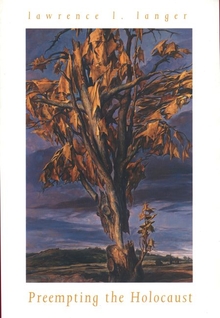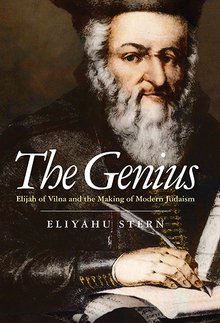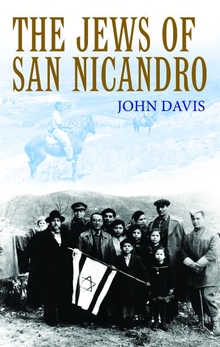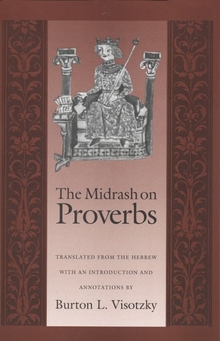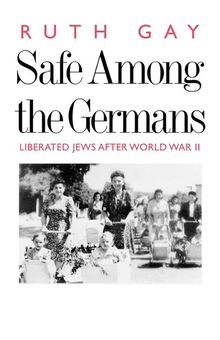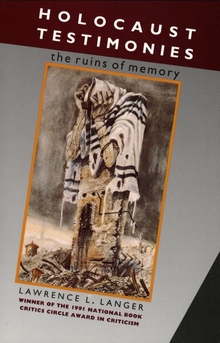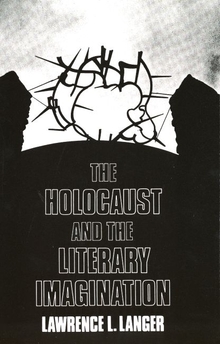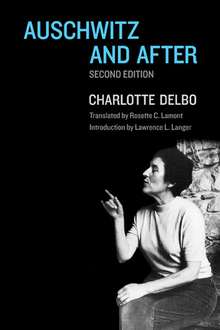Preempting the Holocaust
WARNING
You are viewing an older version of the Yalebooks website. Please visit out new website with more updated information and a better user experience: https://www.yalebooks.com
Lawrence L. Langer
Langer focuses his attention on a variety of controversial issues: the attempt of a number of commentators to appropriate the subject of the Holocaust for private moral agendas; the ordeal of women in the concentration camps; the conflicting claims of individual and community survival in the Kovno ghetto; the current tendency to conflate the Holocaust with other modern atrocities, thereby blurring the distinctive features of each; and the sporadic impulse to shift the emphasis from the crime, the criminals, and the victimized to the question of forgiveness and the need for healing. He concludes with some reflections on the challenge of teaching the Holocaust to generations of students who know less and less of its history but continue to manifest an eager curiosity about its human impact and psychological roots.
“Both general readers and academic specialists will find achievement writings timely and thought-provoking.”—Library Journal
“Langer [is] one of our most eloquent Holocaust scholars. . . At a time when the daily newspapers are filled with renewed versions of genocide and atrocity, but also a time in which the last of the perpetrators of the Holocaust and their victims are dying of old age, this volume is a useful corrective to the foolish sentimentalizing of these events or their application as a hideously inappropriate lesson on the “triumph of the human spirit.” . . . An essential work on one of the central historical movements in history.”—Kirkus Reviews
“Langer’s achievment is to insist obdurately that even the most terrible things said about the Holocaust do not plumb it. . . . How valuable is the protest he . . . put[s] up. Rage, rage against the dying of the dark.”—Richard Eder, Los Angeles Times Book Review
“Langer’s own experience interviewing Holocaust survivors has profoundly branded him, and his deep sympathy and outrage on behalf of the innocent victims of humanity’s most horrendous crimes permeates these somber and alarming essays.”—Publishers Weekly
“The thesis of Preempting the Holocaust is that many distinguished writers and thinkers, seeking to understand and universalize the 6 million massacre, have interpreted it so as to advance their own outlooks and philosophies. By doing so, however lofty their purposes and impressive their arguments, they have diluted the fact itself. . . . Langer’s achievement is to insist obdurately that even the most terrible things said about the Holocaust do not plumb it. . . . Vociferously a literalist, Langer does not explore what lies behind the human need to find a generalizing framework for the particulars of even a uniquely terrible history. . . . How valuable is the protest he and his fellow literalists put up.”—Richard Eder, Newsday
"Powerful reading. . . . This book will trouble its readers because nothing is quite the same in a post-Holocaust world."—Choice
"Langer’s slim volume raises significant issues of interpretation and provides a major contribution to our understanding and approach to the Holocaust."—George M. Kren, Cithara: Essays in the Judeao-Christian Tradition
“Always thoughtful and provocative, [Langer] writes about complex moral issues in a lucid and forceful style.”—Lore Dickstein, New York Times
"Langer has become a conscience, demanding that we grapple with the real implications of the Holocaust, its evil. This compelling book is a significant contribution to the field of Holocaust studies."—Michael Berenbaum, president, Survivors of the Shoah Visual History Foundation
Publication Date: April 10, 2000
19 b/w illus.

